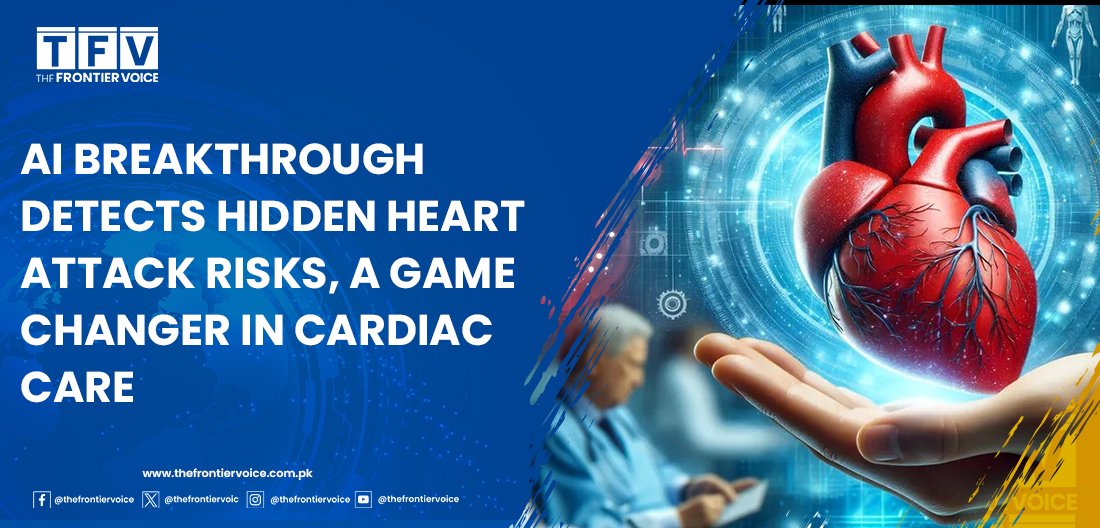HEALTH/LIFESTYLE
AI Breakthrough Detects Hidden Heart Attack Risks, A Game Changer in Cardiac Care

Scientists have hailed a new artificial intelligence (AI) technology that identifies individuals at risk of heart attacks within the next decade as “game-changing.” This innovative AI model can detect inflammation in the heart that remains invisible on standard CT scans, which typically utilize a combination of X-rays and computer technology.
The pilot project, supported by NHS England, is currently underway at five hospital trusts in Oxford, Milton Keynes, Leicester, Liverpool, and Wolverhampton. A decision on the widespread implementation of this technology within the NHS is anticipated in the coming months.
Developed by Caristo Diagnostics, an Oxford University spinout company, the AI model is being adapted to potentially prevent other major health issues such as strokes and diabetes. “This technology is transformative and game-changing because for the first time we can detect the biological processes that are invisible to the human eye, which precede the development of narrowings and blockages within the heart,” said Professor Keith Channon from the University of Oxford.
The pilot involves patients experiencing chest pain who are referred for routine CT scans. Their scans are analyzed using Caristo Diagnostics’ CaRi-Heart AI platform, which employs an algorithm to detect coronary inflammation and plaque. Trained operators then verify the algorithm’s accuracy. Research has demonstrated a strong link between increased inflammation and a higher risk of cardiovascular disease and fatal heart attacks.
The British Heart Foundation (BHF) estimates that approximately 7.6 million people are living with heart disease in the UK, with the annual cost to the NHS in England reaching £7.4 billion. About 350,000 patients are referred for cardiac CT scans each year in the UK.
A pivotal study, the Oxford Risk Factors and Non-invasive Imaging (Orfan) study involving 40,000 patients and published in The Lancet, revealed that 80% of patients were sent back to primary care without a defined prevention or treatment plan. Researchers found that patients with inflammation in their coronary arteries faced a 20 to 30 times higher risk of dying from a cardiac event over the next 10 years. The study, funded by BHF, showed that by using the AI technology, 45% of these patients were prescribed medication or encouraged to make lifestyle changes to reduce their future heart attack risk.
Ian Pickard, 58, from Barwell in Leicestershire, was referred for a CT scan in November 2023 after experiencing persistent chest pain. Enrolled in the Orfan study at the University Hospitals of Leicester NHS Trust, Pickard was prescribed statins, advised to quit smoking, and encouraged to increase his exercise after the AI analysis suggested he was at risk of having a heart attack. “It’s a huge wake-up call,” said Pickard. “And when you see it on paper, you realize how serious it is. It’s something you can look at each day and think, ‘I’ve got to do something about this’.”
